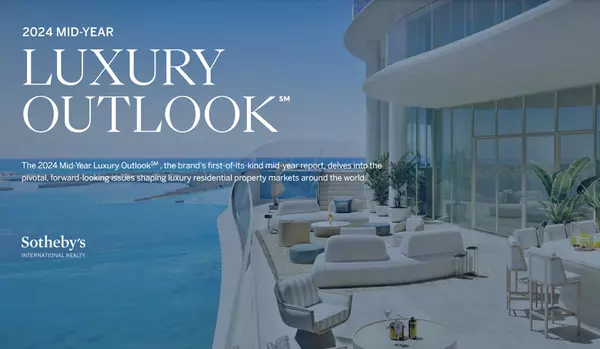Forced appreciation
As we observe what has been a shifting market here at the beach for the last few months, the outlook for buyers is starting to tilt in their favor. However, there are still pockets of high demand areas and our market has historically been less sensitive to interest rate volatility. Furthermore, real estate continues to be an excellent hedge against inflation.
I'd like to follow up on our previous article about appraisals by digging into 'forced appreciation.'
It's one of the tools investors use to boost the value of a property without waiting for the market and natural appreciation to increase appraised value.
The principal way this works for income-generating (i.e., rental properties — both commercial and residential) is by increasing the net operating income (NOI). NOI is one of the figures used to calculate the market value of a property according to the prevailing capitalization rate (investors' expected rate of return given risk).
How do we increase NOI? Here are a few popular and effective strategies leveraged by investors:
• Bring rent/lease rates up to market.
• Reduce management and operational expenses.
• Renovate/reposition to increase appeal and demand.
• Create additional cash flow streams (ancillary revenue).
Depending on the type of property and the investor's budget, some combination of these strategies will work to increase value under nearly any market conditions. These are particularly effective when the market is stagnating or in recession, and investors can't rely on economic growth to drive value. Such is the case currently with the Fed tamping down on inflation through monetary policy.
Fortunately, some of these strategies work well for non-rental properties as well, though value creation is based on comparable value rather than income. To render a valuation in this case, appraisers use the substitution method to compare the perceived and statistically extrapolated value of the individual and combined features/qualities of your home to similar on-market and recently sold properties in your community.
While income driving strategies do not apply here, making your home more energy efficient attracts potential buyers and promises lower ownership and operating costs. Additionally, all buyers appreciate properties in top condition with excellent curb appeal and amenities. You have the power to control the value of your home — much more so than other types of passive assets, such as securities.
Another approach to consider if you have a vacant property on your hands, such as a second or vacation home by the beach that you don't use often or at all, is to convert it to a vacation rental. Reach out to us to receive a rental analysis to determine if your property has greater value potential as a short-term rental, long-term (conventional) rental, or a non-income generating property.
As always, I'm here to help you devise the best strategy based on your objectives and preferences. -Henry Jaffe
Categories
Recent Posts










"I am committed to supporting clients in making informed real estate decisions, providing superior service, and generating results. Please give me a call or email if you have questions; I'm here to bring value, insight, and efficiency to your real estate objectives." -Henry Jaffe
